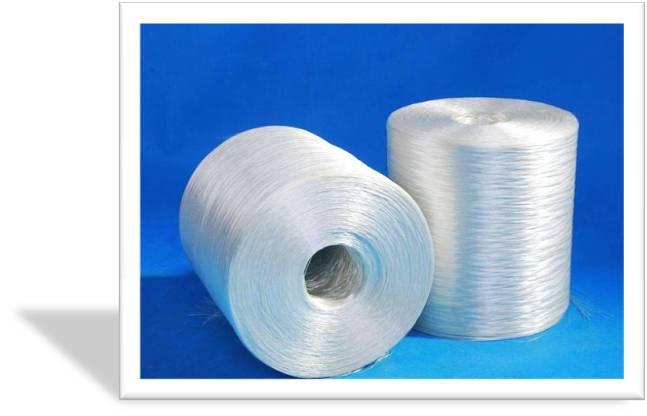
Glass fiber reinforced composites (GFRP) are widely used in aerospace, automobile manufacturing, construction and other fields due to their excellent mechanical properties and lightweight characteristics. Vinyl trimethoxysilane (VTMS), as a highly efficient organic silane coupling agent, plays an important role in glass fiber reinforced composites.
1. Improve the wettability of resin and glass fiber
Vinyl trimethoxysilane can effectively improve the wettability of resin and glass fiber and enhance the adhesion between the two, thereby improving the mechanical strength and electrical properties of the composite material.
2. Improve wet mechanical strength and electrical properties
In a humid environment, the performance of ordinary glass fiber reinforced composites will drop significantly. Composites treated with vinyl trimethoxysilane show excellent wet mechanical strength and electrical properties, and are suitable for various harsh environments.
3. Improve weather resistance and water resistance
Glass fiber reinforced composites treated with vinyl trimethoxysilane have excellent weather resistance and water resistance, can be used outdoors for a long time, and extend the service life of the product.
4. Electromagnetic wave transmittance
Composites treated with vinyl trimethoxysilane also have good electromagnetic wave transmittance and are suitable for manufacturing components such as radar covers and antenna covers that require electromagnetic wave transmission.
5. Wide application
Vinyl trimethoxysilane is not only suitable for glass fiber reinforced composites, but can also be used for surface treatment of other inorganic silicon-containing fillers, and has broad application prospects.
In short, the application of vinyl trimethoxysilane in glass fiber reinforced composites not only improves the performance of the material, but also broadens its application range, which has important economic and social benefits.
To learn more, click here
https://www.siliconematerial.net/